 Are you considering buying a flipped house? Here are some ways to tell if it is a good idea or not.
Are you considering buying a flipped house? Here are some ways to tell if it is a good idea or not.
If you watch popular TV shows like Property Brothers, Flip or Flop and Fixer Upper, you might believe that buying a remodeled home is a great idea. These shows always have happy endings. The process looks fun and easy, and the houses turn out beautiful. However, it is rarely this easy when buying a real-life remodeled home.
There are plenty of flipped houses that turn out to have significant problems. Contractors who do remodels sometimes rush through the job. This can lead to subpar work. While the house might look beautiful initially, problems could start to show up months later.
A flipped house can be a great deal. However, it pays to do your homework before buying one. Maintain a skeptical eye when touring the home. If you notice any of these things, move on.
Unpermitted Work
If you live in a full-disclosure state like Texas, you are in luck. Sellers are required to disclose to buyers everything that they know about the house. This should make it easy to get a list of the work that the flipper completed.
Even if you don’t live in a state that requires full disclosure, still ask for a list of work. After you have a list of the upgrades, check for permits. Most larger remodeling projects need a permit.
Avoid a remodeled home that has had unpermitted upgrades. There is a chance that it is not up to code. Aside from being a safety risk, unpermitted work can make it harder to get financing or insurance on a home.
A Flipper With A Bad Reputation
Before making an offer on a rehabbed home, ask who did the work. Learn everything you can about the person or company. Are they known for doing high-quality work?
Flippers that have solid reputations want happy customers. Most want to avoid legal issues later, which could ruin their reputation and damage their business. So, they will usually ensure that the work is up to standard.
Avoid flippers or contractors that are not well known. Many move on to the next town after the job is over and so don’t care if they leave behind unhappy customers as they won’t be around.
A Failed Inspection
Beautiful hardwood floors, countertops and shiny new kitchen appliances might make a house look like it was just built. However, most flipped houses hide a dark history. Many remodeled homes have had a substantial lack of maintenance and were in a state of significant disrepair before being flipped.
Some contractors cover up problems rather than do the extensive work needed. Therefore, it pays to have the home inspected. A good home inspector will be more likely to spot things that an average homeowner might miss.
Your trusted real estate agent can help you navigate through a sea of new or remodeled properties to find the best fit for you.
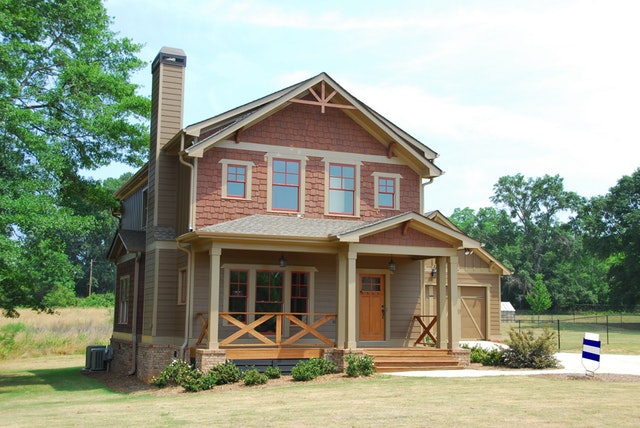 It’s no secret that we’re in the midst of a hot seller’s real estate market. That means that good homes are going fast, usually at or above list price. This is largely the result of low inventory, where good homes are scarce, keeping competition for them – and listing prices – high.
It’s no secret that we’re in the midst of a hot seller’s real estate market. That means that good homes are going fast, usually at or above list price. This is largely the result of low inventory, where good homes are scarce, keeping competition for them – and listing prices – high.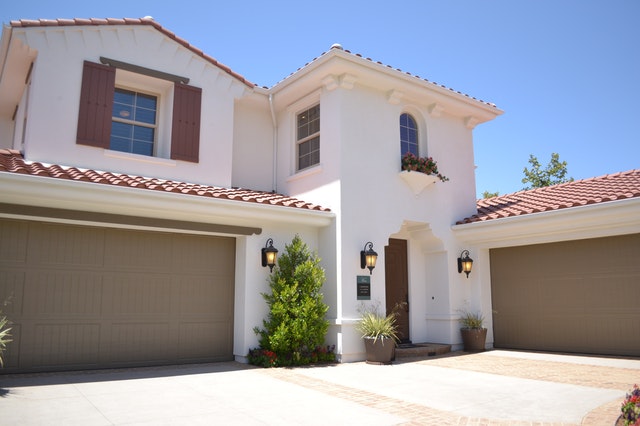 Are you selling your home? If so, then don’t forget to stage this vital area of your house.
Are you selling your home? If so, then don’t forget to stage this vital area of your house.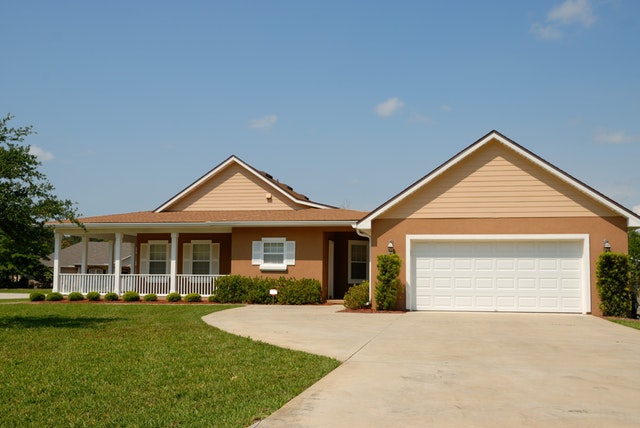 If you have been looking for a new home, and you find one offered under a short sale, this may be to your advantage. While some buyers are wary about buying a home that needs to be sold with the approval of the lender, it’s a great way to get a bargain on a home that you love.
If you have been looking for a new home, and you find one offered under a short sale, this may be to your advantage. While some buyers are wary about buying a home that needs to be sold with the approval of the lender, it’s a great way to get a bargain on a home that you love. Last week’s economic reports included analyst assertions that U.S. housing markets are overvalued in over 50 percent of markets. Weekly reports on mortgage rates and first-time jobless claims were also released.
Last week’s economic reports included analyst assertions that U.S. housing markets are overvalued in over 50 percent of markets. Weekly reports on mortgage rates and first-time jobless claims were also released. Choosing The Right Movers Can Save You Time And Money
Choosing The Right Movers Can Save You Time And Money The rise in Millennial home buyers will inevitably change the items that promote faster and more lucrative home sales.
The rise in Millennial home buyers will inevitably change the items that promote faster and more lucrative home sales.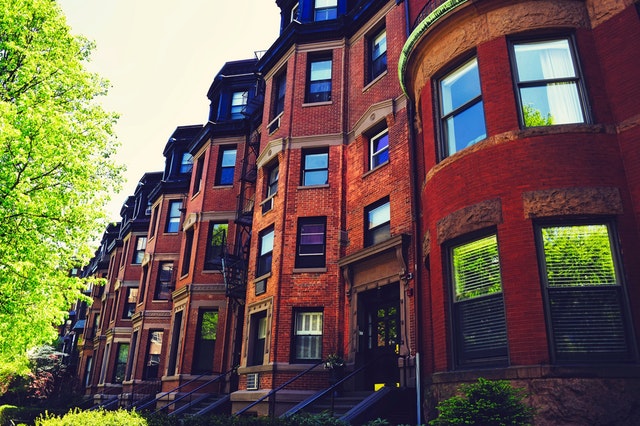 In 2017, upwards of 75 percent of independent rental property owners in the U.S. reportedly worked another job on top of being a landlord. That means the overwhelming majority of landlords are attempting to juggle more than they can handle at times. However, there are organizational and strategic concepts that can maximize efficiency and profitability.
In 2017, upwards of 75 percent of independent rental property owners in the U.S. reportedly worked another job on top of being a landlord. That means the overwhelming majority of landlords are attempting to juggle more than they can handle at times. However, there are organizational and strategic concepts that can maximize efficiency and profitability.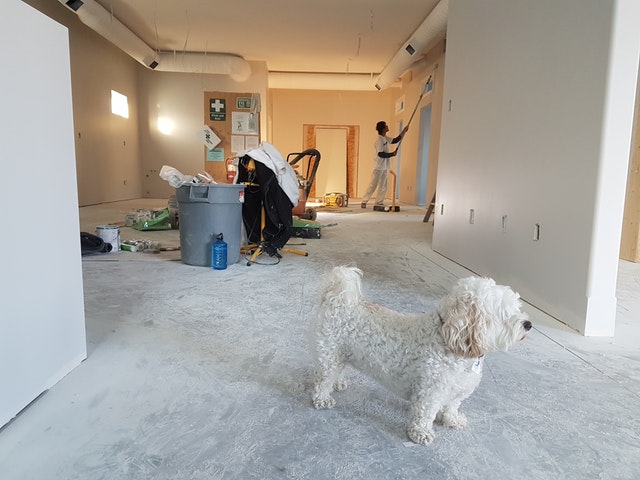 The drama of home and garden TV shows may be fun to watch, but no matter what you think, reality shows are not at all like real life. If you think it’s easy to buy a house that needs updating and turn it quickly for substantial profit, you might want to think again.
The drama of home and garden TV shows may be fun to watch, but no matter what you think, reality shows are not at all like real life. If you think it’s easy to buy a house that needs updating and turn it quickly for substantial profit, you might want to think again.  Last week’s economic reports included readings on Case-Shiller home prices, pending home sales and construction spending. Weekly readings on mortgage rates and new jobless claims were released, along with monthly labor-related reports on job creation and the national unemployment rate.
Last week’s economic reports included readings on Case-Shiller home prices, pending home sales and construction spending. Weekly readings on mortgage rates and new jobless claims were released, along with monthly labor-related reports on job creation and the national unemployment rate.